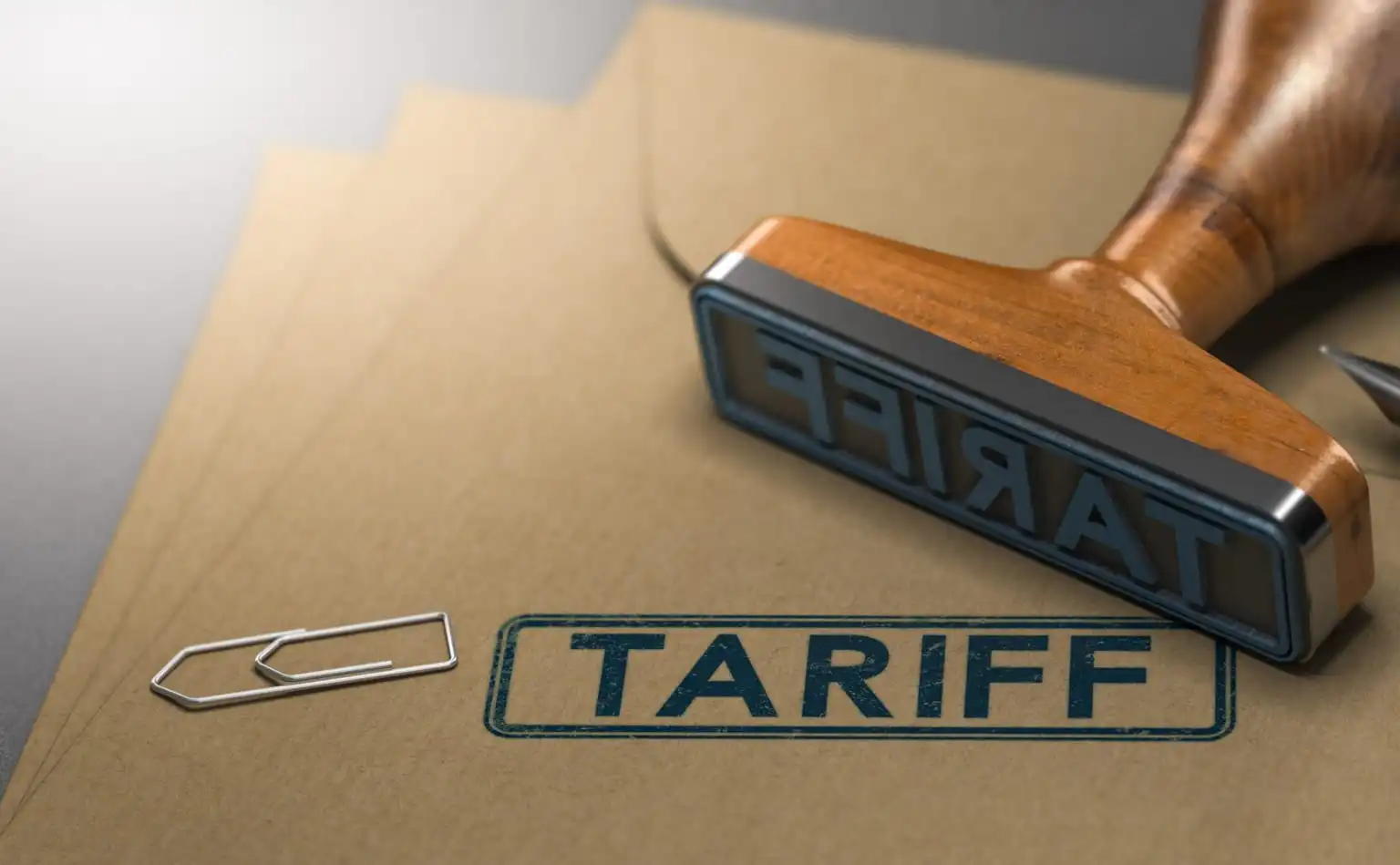The United States, under President Donald Trump, has unleashed a sweeping wave of tariffs aimed at countries with what it calls unfair trade practices.
Announced on April 2 and branded “Liberation Day,” the measures impose reciprocal tariffs on imports from nations deemed to have disproportionate barriers against U.S. goods.

Brazil, a key trading partner, faces a 10% tariff, while Cambodia bears the brunt with a punishing 49% rate due to its 97% tariff on American exports.
The move signals a dramatic escalation in U.S. trade policy and raises global economic tensions.
Trump framed the tariffs as a long-overdue correction to decades of trade imbalances that he claims have undermined American industry.
In his announcement, he declared the day as a historic turning point for U.S. manufacturing, vowing to restore fairness to global trade.
 Trump’s Tariff Blitz Targets Brazil With 10% and Shakes Global Trade. (Photo Internet reproduction)
Trump’s Tariff Blitz Targets Brazil With 10% and Shakes Global Trade. (Photo Internet reproduction)
He criticized countries like the European Union for imposing tariffs such as the 10% duty on American cars while sidestepping the U.S.’s own 25% tariff on foreign trucks.
The administration also rolled out a 25% tariff on imported cars and auto parts, effective April 3, further targeting foreign competition in the automotive sector.
Trump’s Tariff Blitz Targets Brazil With 10% and Shakes Global Trade
The policy follows a principle of strict reciprocity: if another country imposes high tariffs or barriers on U.S. products, the U.S. will respond with equivalent measures.
However, this approach has drawn sharp criticism for oversimplifying the complexities of international trade and potentially violating global agreements.
Analysts warn that these tariffs could provoke retaliation from major trading partners, disrupt supply chains, and inflate costs for consumers.
Brazil’s inclusion in this crackdown underscores its importance in U.S. trade relations. The 10% tariff could hit Brazilian exports like steel and agricultural products, potentially straining economic ties between the two nations.
Cambodia’s steep penalties reflect its high duties on American goods, making it one of the hardest-hit countries in this new policy framework.
The stakes are high against a backdrop of mounting economic challenges. The U.S. ended 2024 with a record $1.2 trillion trade deficit, which Trump has vowed to slash through aggressive tariffs and renegotiated deals.
Yet financial markets have reacted with unease; major indices posted sharp declines amid fears of escalating trade disputes and economic fallout.
Implementing these tariffs has proven complex due to varying international duty structures and technical hurdles.
Despite last-minute lobbying by several nations for exemptions, none were granted before the measures took effect.
While Trump’s administration touts these tariffs as a potential $600 billion windfall for the U.S., critics warn they risk triggering a global trade war.
This high-stakes gamble could redefine global commerce but at the cost of heightened uncertainty and strained international relations.





GIPHY App Key not set. Please check settings